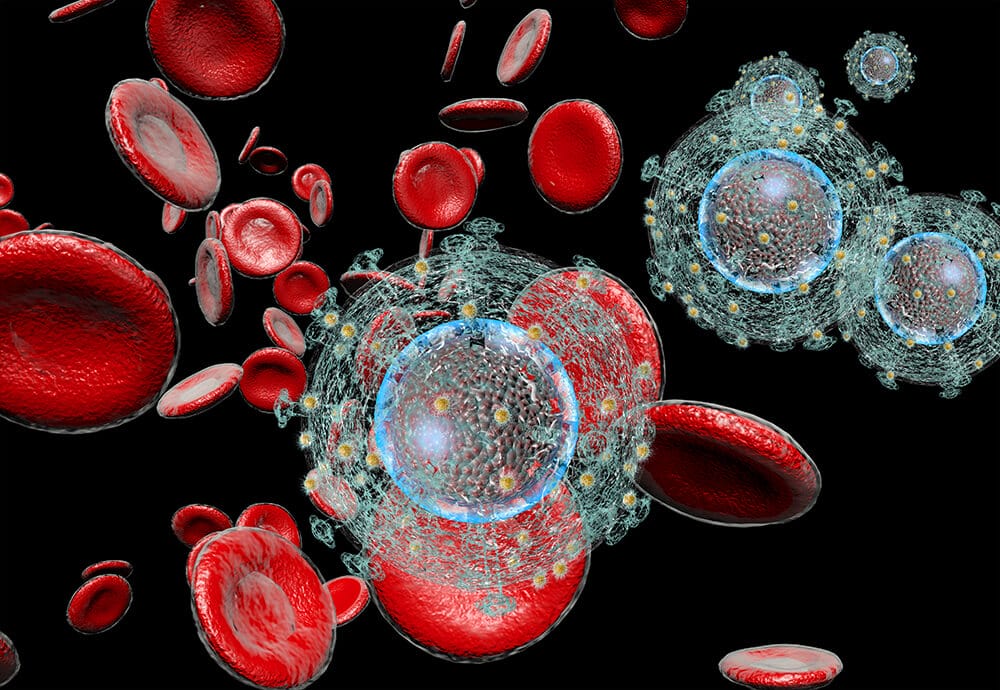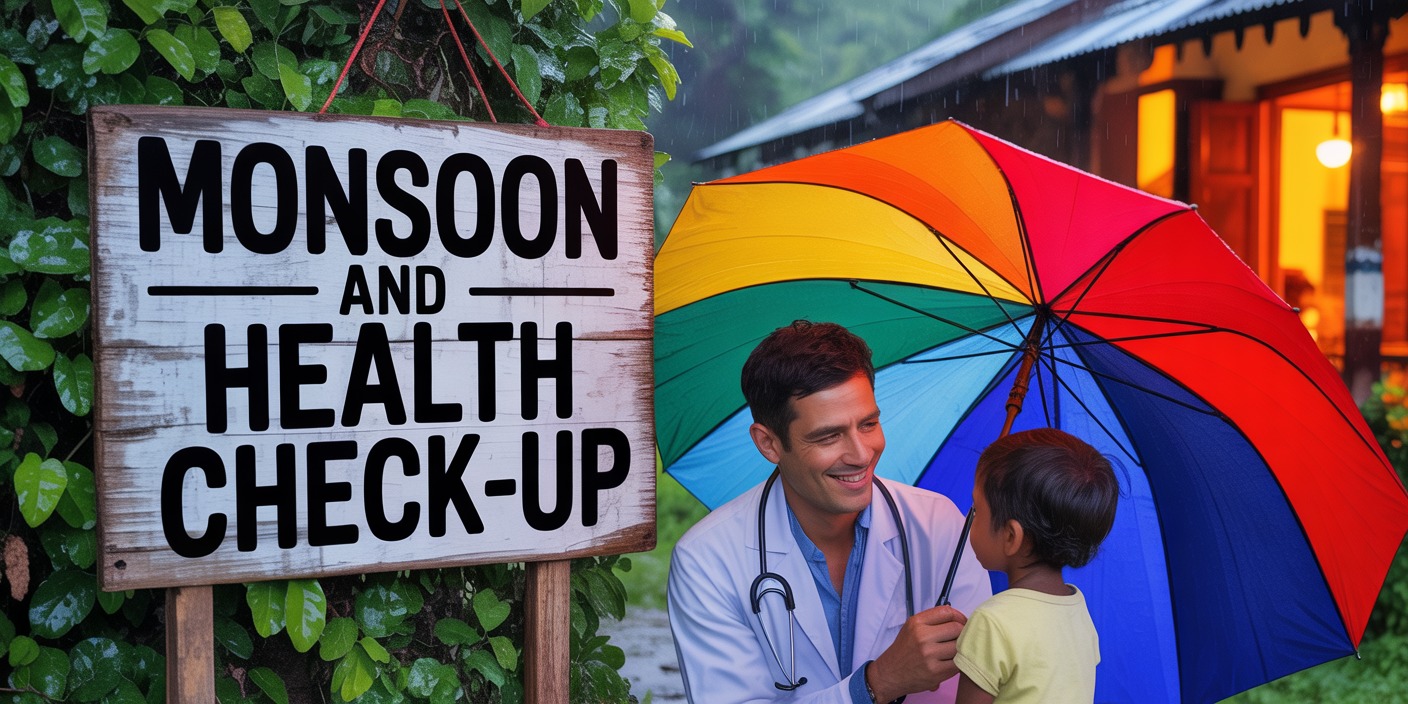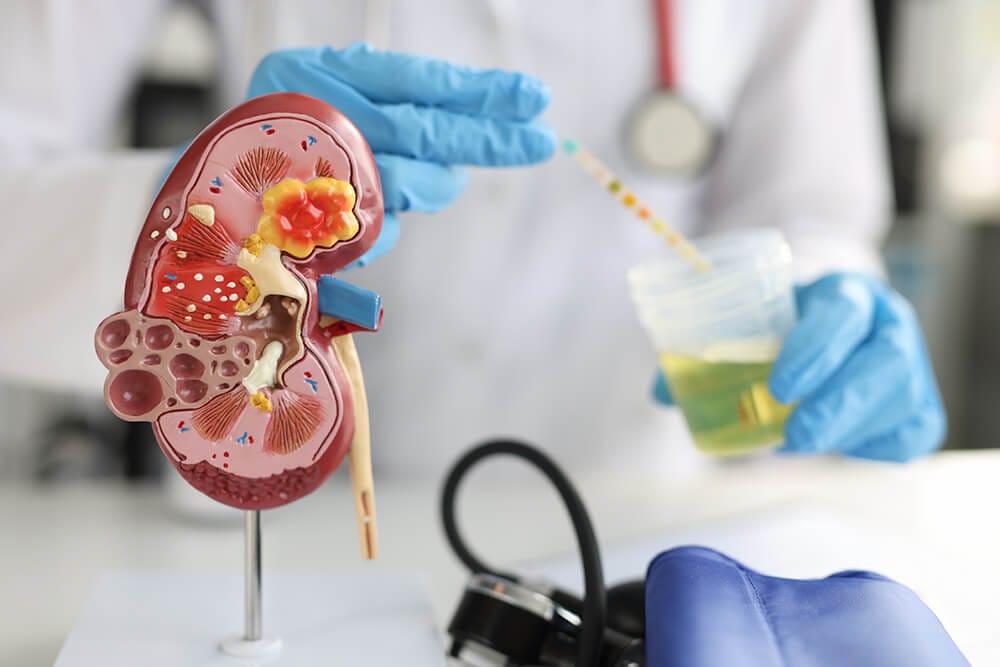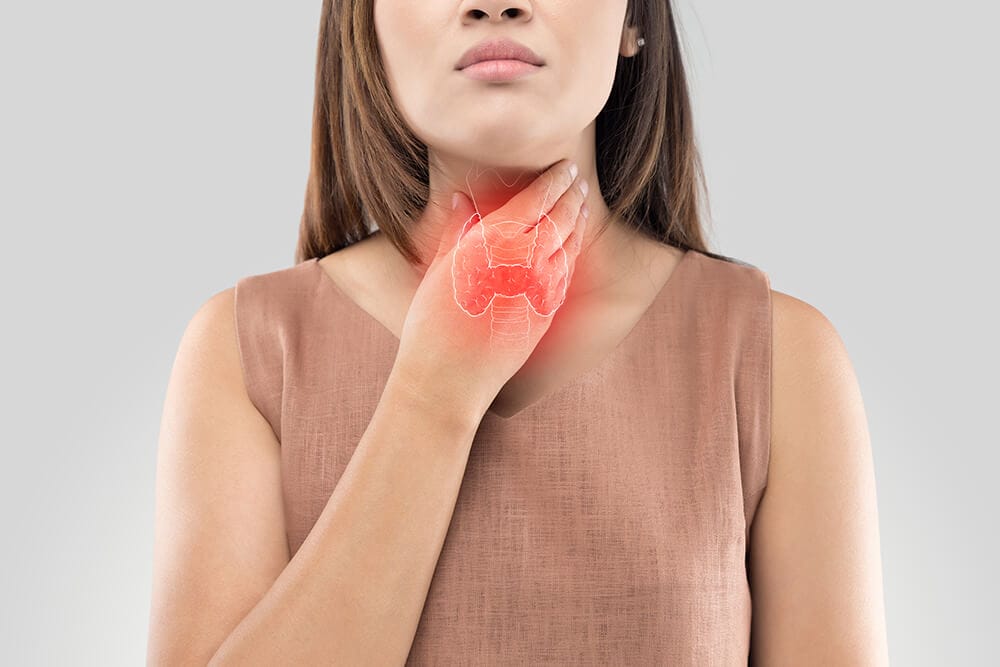
Acquired Immunity: Definition, Importance & Types
Overview of immunity
Immunity plays a vital role in protecting people from diseases. When a child is born, he/she has some form of immunity, which helps him/her adapt to the surroundings. People who have a good immune system are able to fight many infectious diseases without facing severe complications. When the immune system works properly, fever and body aches might be the only signs of a disease being tackled and the body being healed.
In biological terms, immunity is a complex system comprising many factors that help a body counter infections and pathogens. It is mainly of two types—Acquired immunity, and Innate immunity.
Acquired immunity
The white blood cells are the major part of the immune system. These white blood cells are stored in organs known as lymphoid organs, and include—thymus, spleen, lymph nodes, and bone marrow. The white blood cells counter any foreign antigen with proper antibodies. This system forms the innate immune system.
Often, the body might encounter a pathogen that cannot be tackled by the innate immune system alone. Vaccinations are required, and this gives rise to immunological acquired immunity. For some, exposure to that disease can also trigger an acquired immunity response, as the cells of the immune system create antibodies.
Children are often given vaccinations and booster doses to help the body build up many antibodies that can prevent future pathogen invasion. Vaccinations for polio and pox are examples of acquired immunity.
Importance of acquired immunity
The innate immune system provides the initial protection against various pathogens and wounds and can be understood when a sudden one-day or two-day fever occurs. But, there are times when the body cannot fight against an infection or disease, because the understanding of that pathogen is not present. This is when acquired immunity steps in.
The acquired immunity helps deal with pathogens and elements that cross the initial barrier. The components of the acquired immune system help battle pathogens before they can multiply and wreak havoc inside the person’s body. The immune system also alerts people through symptoms like fever or inflammations, so a treatment can be ensured. While acquired immunity might take some time to start action, it does provide an effective and targeted protection against pathogens by creating specific antibodies. There are two acquired immunity types.
Active immunity
Active immunity is a type of acquired immunity that develops once the person is infected with the pathogen or has been given a vaccination. Vaccines are weakened strains of the pathogen and once the foreign antigen enters the body, the acquired immune system is triggered to form antibodies for countering the antigen. Once the antibodies are formed, they become part of the memory system. In the future, if that pathogen enters the body again, the immune system will be prepared to counter it. An example of active immunity can be getting flu shots.
Passive immunity
Passive immunity is a type of acquired immunity that is received from someone else in the form of antibodies. This kind of immunity is often short-term, because the antibodies are not formed within the body, and hence, no memory of the same remains. There are mainly two types of antibodies received through passive immunity— maternal antibodies are received through the placenta or via breast milk, and immunoglobulin treatments are received from other people or made in laboratories, as in the case of treating a baby born to a mother with hepatitis B.
Components of the immune system
The innate immune system consists of macrophages, natural killer cells, neutrophils, etc., and produces proteins or peptides with antimicrobial properties to counter the effects of initial diseases or illnesses.
Acquired immunity performs the task of forming antibodies against foreign antigens that surpass the innate immunity system. It is a very specific system. The main components of acquired immunity are:
-
- T lymphocytes or T-cells, present in the tissues found between the cells of the body. These cells work to activate the acquired system and can also detect and destroy cancerous cells.
- B lymphocytes or B cells, also found in the tissues present between the cells. These B cells are activated by T helper cells to match those of the germs. These B cells multiply into plasma cells to produce antibodies. Sometimes, these transformed B cells become memory cells and remain an active part of the acquired immune system.
- Antibodies are found in the blood, lymph, and other body fluids. These are made of protein and sugar and neutralize pathogens.
Complications arising due to weak immune response
The immune system provides protection and fights off pathogens. For a being to live longer, having a healthy and strong immune system is a must. But, there are instances that can weaken the immune system. This gives rise to various complications. People who often get sick or suffer from frequent bouts of fever or pneumonia have a weak immune system. The signs are:
-
- Disorders of the digestive tract – the digestive system plays a vital role in helping the immune system. When the immune system is weak, having a weak stomach is a sign and a cause. Often, it can be due to the absence of sufficient good bacteria in the gut.
- Frequent bouts of cold and flu – the immune system protects the body against pathogens and the flu or cold infection is the most common enemy of the system. On an average, a person usually suffers from two bouts of cold per year. But, if this number is higher, it is a sign of a weak immune system.
- Long time taken for wounds to heal – the innate immune system works on helping wounds heal. Minor injuries like bruises or cuts or even slight burns heal within 5 to 6 days. But, if minor wounds take a long time to heal, it means that the immune system is weak.
How to boost your immunity
The immune system can be supported and boosted to provide better protection. While conditions that are genetic and cause the immune system to become weak need doctor’s consultation and proper medications, there are some home remedies that will benefit everyone to help their immunity get stronger. These are:
-
- Eating a balanced diet with loads of flavonoid-rich food
- Getting proper sleep
- Avoiding stress
- Practicing good hygiene by keeping hands and feet clean
- Disinfecting the house
Conclusion
Immunity plays an important role in keeping a person safe. The coronavirus pandemic did teach a lot about hygiene and having a strong immunity. Proper diet and less stress can aid in keeping the innate and acquired immunity healthy. Understanding the difference between acquired immunity and innate immunity can help strengthen both with the help of diet and supplements. That said, any supplement intake should be first checked by a doctor, so any complications or conditions can be avoided.
FAQs
Is autoimmune disorder a weak immune system condition?
People suffering from autoimmune diseases are more prone to fall sick because their own immune system makes them weak by attacking the healthy cells. This happens because the immune system’s programming of differentiating its own cells from pathogens is compromised.
What supplements aid with boosting immunity?
In order to boost immunity, intaking vitamin supplements like vitamin C, vitamin D, vitamin B complex, and vitamin A is a must.
What is immunization?
Immunization is the same as vaccination. This acquired immunity process begins when children are provided weakened strains of commonly infecting diseases like measles or pox.

















